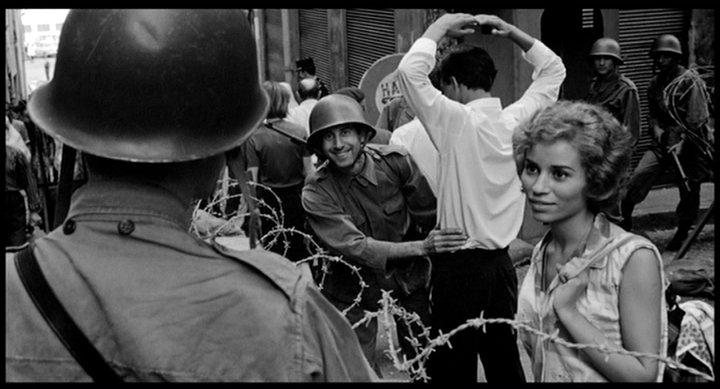Today in class we discussed the importance and wrongful use of media literacy. I strongly feel that media is one of the post powerful and widespread sources of information and entertainment. Unfortunately, present day, a lot of people do not spend the time researching global issues and are solely concerned with local occurrences. It is important to be informed in the going ons across the world and the issues different nations face. Especially in the United States, research is is developing quicker than ever before and we are cultivating, discovering, or creating resources that many other countries do not have access to. This puts us in a position to at the very minimum influence and inform other countries, let alone prevent barbaric and ruthless actions in other parts of the world. With a widespread knowledge of what is going on people are more likely to do something to help others or prevent negative actions. While media can be easily manipulated and can be very opinionated, it is better to know about a situation even a little bit than to be ignorant to what is going on. I feel that without video people would not be well informed because simply, people do not take the time to sit down and read about what is going on.

Samantha I agree with your points, and also believe that taking the time to slow down and read into something, even a little bit, can argueably be seen as the duty of every citizen in their respective countries. I do however want to discuss your point of how advancing technology makes sharing and creating media nearly simultaneous. There is barely a minute before a world event occurs that it is reported on some platform of media. That being said, I think we as a generation have adopted this practice of taking in details in stages, a sort of live update sort of method of media literacy. Where in the past more of the story was uncovered before the event was reported, it gave people a larger picture than most news stories to date. So perhaps our definition of media literacy is what needs to be altered, so that we can better understand how to be media literate in a time period where information is thrown at us in pieces rather than large chunks.